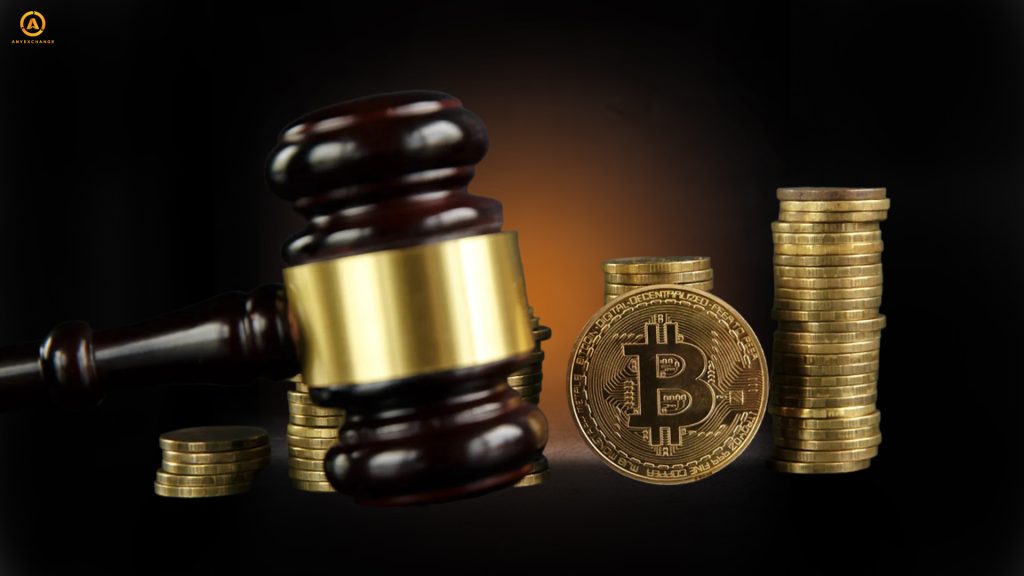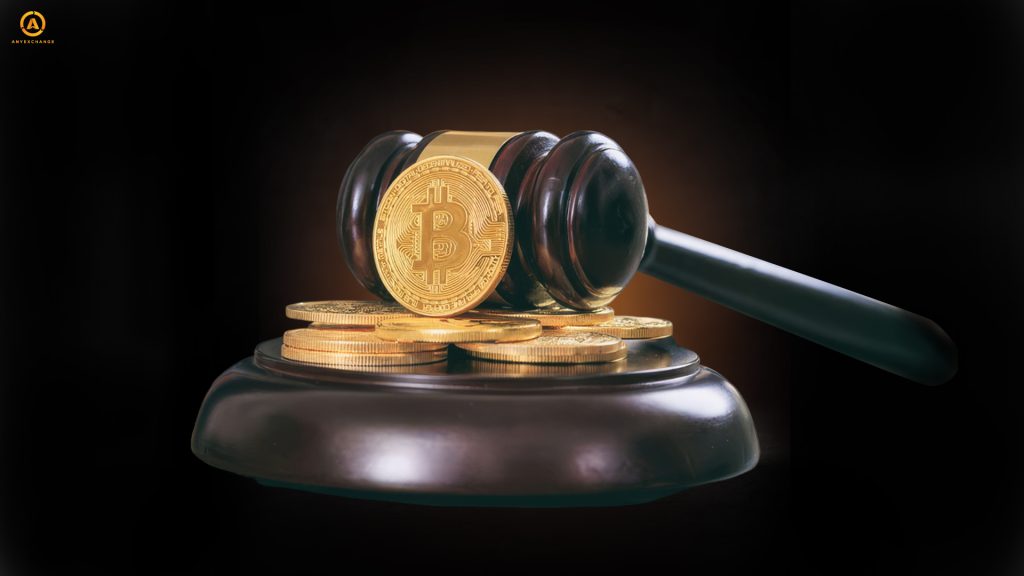
Global regulation of the digital asset sector is currently fragmented, as cryptocurrency laws vary significantly from country to country. The heterogeneous approaches of national authorities can be seen in the requirements for legal entities, issuance of cryptoassets, regulation of ICOs and STOs, transaction rules, regulation of DeFi, compliance with security and privacy standards, and many other aspects of the digital asset lifecycle. Therefore, choosing the right jurisdiction to establish the headquarters is far from being a trivial matter for cryptocurrency companies.
Now, the regulatory trend in this field is such that the huge number of bankruptcies and embezzlements in recent years has intensified the intentions of governments to discourage abuse or fraudulent activities with cryptocurrencies. On the other hand, the increasing cases of financial fraud or ICO failures of unscrupulous projects have jeopardized public opinion about the safety of cryptocurrencies, and regulation may become the mechanism that will strengthen users’ confidence in the crypto sector. Therefore, market participants are sympathetic to KYC/AML standards in cryptocurrency transactions, positively assess the impact of GDPR on cryptocurrencies, and perceive the governments’ steps to regulate the segment as a natural and justified process.
In fact, since the emergence of cryptocurrencies in 2009, regulators have been trying to provide a legal framework for the rapidly developing market. The decentralized nature and the latest technologies that are constantly fueling the sector are breaking patterns and disrupting the traditional order of things for centralized control systems. The commercial application of cryptocurrencies is increasingly influencing financial processes in the global economy. Every year, the digital asset market introduces new trends that governments and international bodies struggle to keep up with, with varying degrees of success.
Why cryptocurrency regulation is important
Cryptocurrencies have achieved the status of a full-fledged industry in the global financial systеm. They have an increasingly significant impact on both individual economies and global finance, so transparent legal regulation is essential. It will ensure that governments, banks, businesses, investors and traders know the rules of the game and that their interactions in the digital asset space will be more constructive and productive.
The regulatory framework for cryptocurrencies is primarily intended to help with tasks such as:
Cryptocurrencies and Government Regulation in 2023
Last year was marked by an impressive number of regulatory complaints against professional market participants. Throughout the year, the largest cryptocurrency exchanges (Coinbase, KuCoin, Bittrex, Genesis, Kraken, Gemini, etc.) were in interaction with the authorities, defending their interests in resolving disputes. This was mainly due to the uncertainty of the legal framework and the ever-increasing pressure. Binance was the hardest hit: the cryptocurrency exchange’s lawyers fought off demands from regulators around the world, in different jurisdictions. U.S. regulators began a serious crackdown on the platform after the infamous FTX crash, making claims on a number of significant issues related to the company’s livelihood. In addition, one of the investigations was initiated by the Department of Justice, which caused serious reputational damage by politicizing the process. It concerned suspected violations of sanctions restrictions against russia.
Situation in the USA
In 2023, the SEC (Securities and Exchange Commission) and the CFTC (Commodity Futures Trading Commission) initiated a total of more than 200 enforcement actions against cryptocurrency companies. It’s worth noting that by the end of the year, regulators had repeatedly failed in their efforts, especially when it came to claims against Ripple and Grayscale.
The regulation of crypto exchanges and crypto projects in the United States has recently become so strict that the managers of some platforms began to think more closely about changing jurisdiction. In particular, CoinBase CEO Brian Armstrong said that he is considering leaving the US market. The platform has a strained relationship with the SEC, and in response to the Commission’s complaint, CoinBase said it was “prepared to defend itself” and demanded clarity on regulatory procedures, saying the U.S. was lagging behind other countries. Similar reports came from Circle CEO Jeremy Allaire, who cited enforcement actions against the platform as a major factor in the USDC’s declining capitalization (down 30% in six months). The top executive predicts that the U.S. may lose its leading position against the backdrop of the European Parliament’s approval of the MiCA bill and the creation of favorable conditions for the crypto sector in Hong Kong and the Middle East. According to Ripple CEO Brad Garlinghouse, Europe, the United Arab Emirates, Singapore and the United Kingdom also offer more clarity in cryptocurrency legislation and more favorable regulation of the industry.
The U.S. crypto sector is also receiving support from politicians: 2024 U.S. presidential candidate Robert Francis Kennedy, Jr., an ardent cryptocurrency supporter who plans to convert the country’s budget to blockchain if he wins the election, harshly criticized the SEC for its declared “war on cryptocurrencies.”
European uniоn
So far, the situation is such that the countries of the European uniоn offer more favorable conditions for cryptocurrency companies. In the spring of 2023, the EU Council adopted the MiCA (Markets in Crypto-Assets) regulation, which is considered by experts to be a qualitative leap in crypto regulation. The MiCA regulations provide a regulatory framework for the inter-jurisdictional supervision of cryptocurrencies and related activities across the EU. They form the basis for the regulation of cryptocurrencies in the EU, bringing together the laws of individual European uniоn member states and striking a balance between innovation and risk mitigation. This set of documents is the foundation for anchoring blockchain and cryptocurrencies in the European financial systеm, replacing disparate national regulations. Issuers and service providers in the industry will have until 2024 to bring their operations in line with MiCA.
“According to DLNews research, at the end of last year the first place in terms of attractiveness for the registration of cryptocurrency companies from the EU was Poland (938 companies out of 2000), followed by Lithuania, where 466 crypto companies are registered. Their main competitor is considered to be France: according to experts, the French legislation has every chance to adapt to the MiCA regulations long before the rules come into force”.
Cryptocurrency regulation in Asia

While the PRC authorities continue to believe that cryptocurrencies “violate the economic and financial order” (China has a complete ban on cryptocurrencies since 2021), its neighbors continue to take steps to develop the sector and create favorable conditions for investment and business.
Global regulation
From a global perspective, according to a recent PwC report, 42 jurisdictions were implementing initiatives to regulate crypto markets in 2023. According to the consultancy, 23 of these countries have adopted a comprehensive regulatory framework (general rules for cryptocurrencies and separately for stablecoins, KYC/AML standards, licensing rules, taxes and FATF compliance measures). Looking at cryptocurrency laws by country not mentioned above, only the Bahamas, Cayman Islands, Mauritius, Singapore and the UAE have comprehensive cryptocurrency laws that address key aspects.
Meanwhile, countries such as Bangladesh, Bolivia, Morocco, Iraq, Egypt, Nepal, Qatar, Tunisia, Dominican Republic, Afghanistan, China, North Macedonia, Ghana, Algeria and Kuwait have banned cryptocurrencies altogether. Restrictions or bans on the use of cryptocurrencies are usually related to the government’s need to control capital inflows or the desire to protect traditional financial institutions.
Ukraine
The IMF expects Ukraine to updаte its legislation regulating digital assets, which the NCSSM and the Ministry of Digital Assets have been drafting for several years, by the end of December 2024. The introduction of cryptocurrency market regulation is also one of the points of Ukraine’s National Income Strategy for 2024-2030. The tax regulation of cryptocurrencies and the supervision of the cryptocurrency sector are currently under discussion and consultation with European partners.
The future of crypto regulation

Thus, the global trends in the regulation of cryptocurrencies cannot be described as clear-cut. On the one hand, analysts expect more and more regulation to influence crypto markets. At least, most experts agree that the US should certainly not be expected to relax its regulatory actions. Changes in crypto regulation in the direction of increased control will primarily concern the issues of combating the financing of terrorism and money laundering. Additional difficulties for U.S. market participants are created by the large number of supervisory institutions (both at the state and federal level).
Thus, it is likely that the EU with MiCA standards will become a testing ground, the first significant global jurisdiction on the basis of which a coordinated, uniform and balanced model of cryptocurrency sector regulation will be honed and the consequences of regulation for investors, traders and DeFi platforms will be assessed. And further global initiatives in crypto regulation will be based precisely on the European experience.
It is also expected that the regulatory challenges for cryptocurrencies will contribute to a more robust and stable cryptocurrency market, improved cybersecurity and a more efficient environment for digital asset-related activities.
Thanks for your time and attention!
AnyExchange is an exchanger that allows you to quickly and safely convert popular cryptocurrencies at the best exchange rate and make money transfers
worldwide.






